Benefits of being bilingual (Editorial)
Even knowing a simple phrase, such a greeting, creates a starting place for learning a new language.
It’s unable to tell exactly how much of the world speaks more than one language, but it’s been estimated that between 50-60% of the world in bilingual. Some countries even have more than one national language. South Africa alone has eleven national languages.
Europe can be known as a trilingual continent, where many countries have a large majority of trilingual speakers. Luxembourg is 84% trilingual and the Netherlands are 77%. Even the countries farthest from the goal, such as Portugal and Hungary, have a 13% trilingual population.
The U.S. is one of the few countries where the majority of the population is monolingual, according to BBC News writer, Gaia Vince.
“Multilingualism has been shown to have many social, psychological and lifestyle advantages,” Vince wrote. “Moreover, researchers are finding a swathe of health benefits from speaking more than one language, including faster stroke recovery and delayed onset of dementia.”
Some colleges require that a second language class be taken in high school. Many U.S. high schools, including CHS, offers the option to learn German, French, or Spanish. Knowing more than one language looks good on a job résumé for a variety careers.
An article in The Economist found that bilingual workers earn more than monolinguals with the same career. Albert Saiz, MIT economist, predicted that a foreign language translates into a 2% increase in yearly income. Though this may not seem like much per year, it becomes a larger sum later in life. Economist writer R. L. G. wrote “Spanish is worth $51,000, but French, $77,000, and German, $128,000.”
Knowing a second language increases income and knowledge, with the possibility of added health benefits. Even if your career doesn’t improve from being bilingual, it at least creates an entirely new group of people for conversation.
Disclaimer: Articles designated as “Editorial” represent the views and opinions of the author, not the 2016-2017 Periscope staff, CHS Administration, or the CHS student body.
Want to help the Herd? Please consider supporting the Periscope program. Your donation will support the student journalists of CHS and allow us to purchase equipment, send students to workshops/camps, and cover our annual website hosting costs.

Kenny Brenizer is a junior and the perspectives editor for the 2016-2017 Periscope staff. She does no sports. She has no hobbies. She just wants cats and...




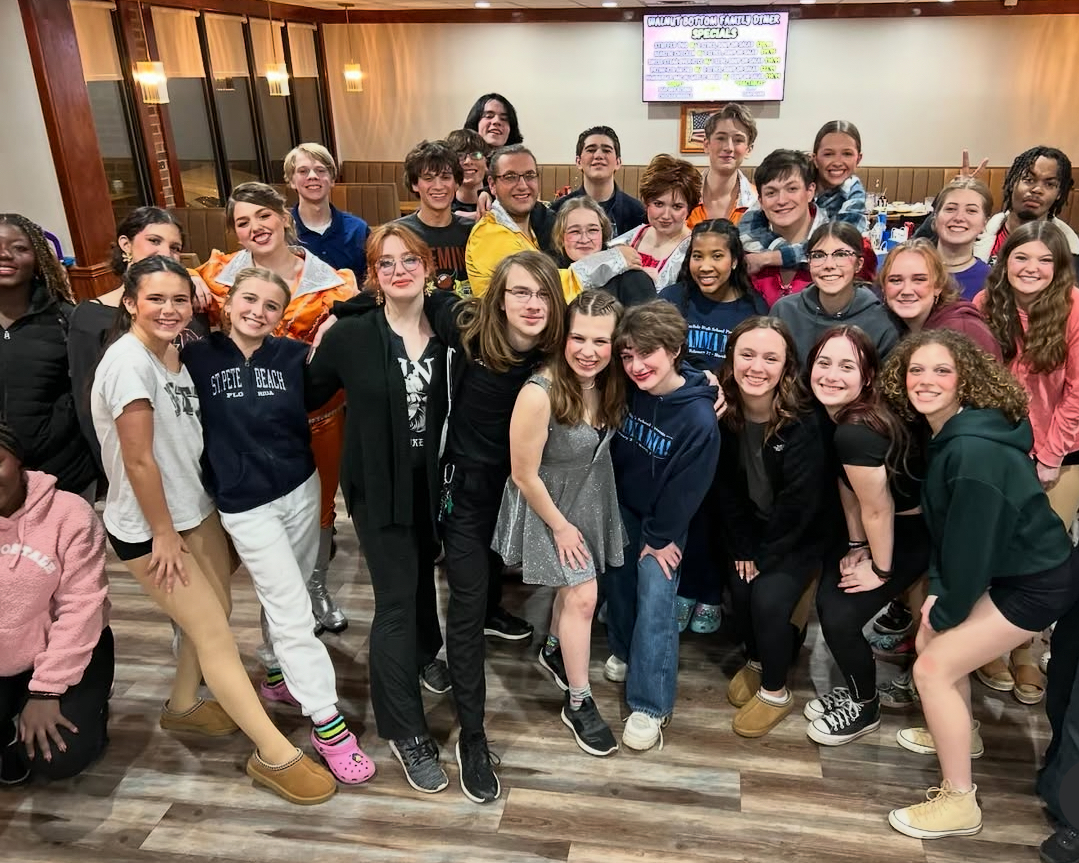
























































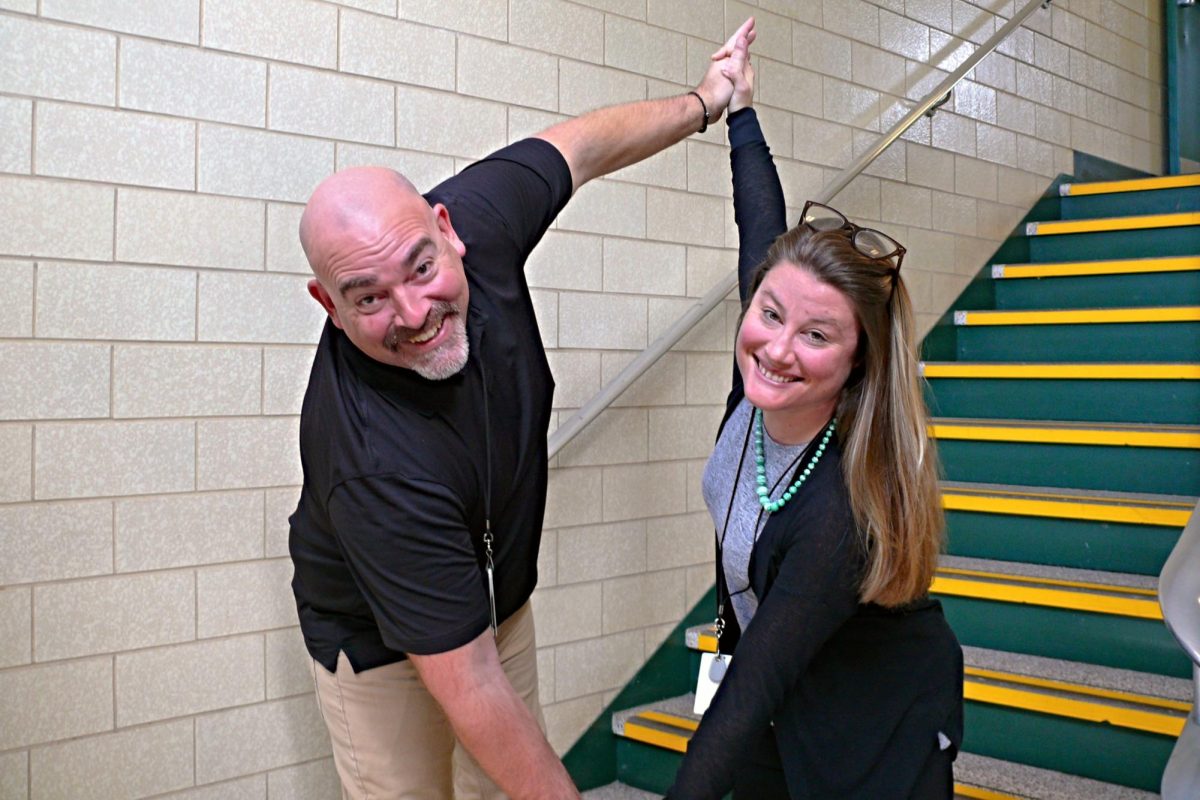

































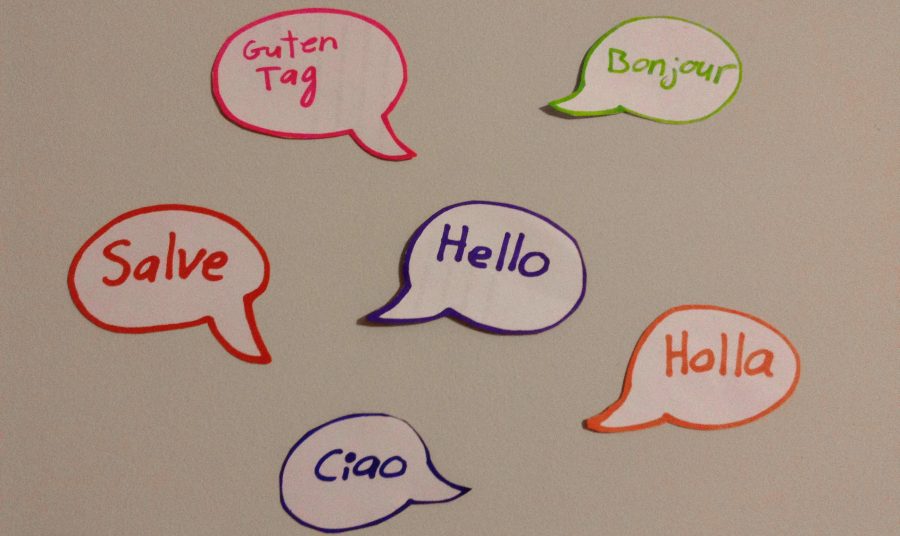
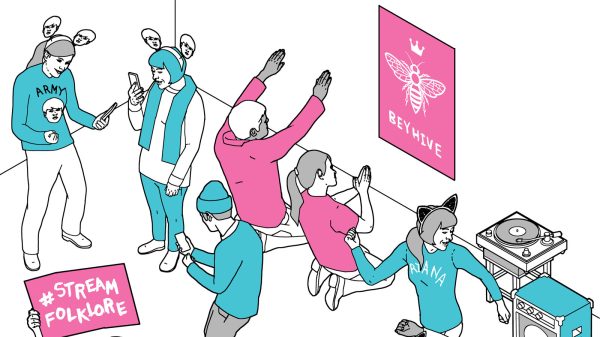
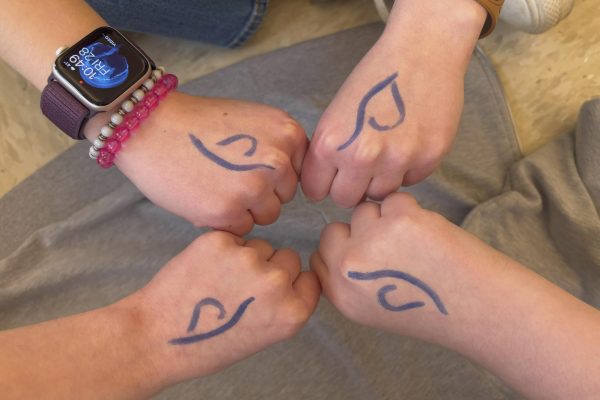

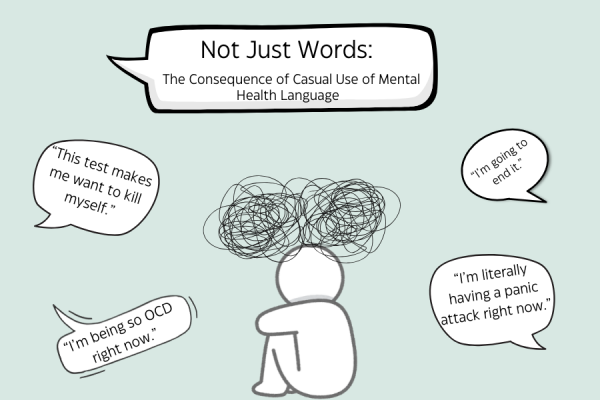
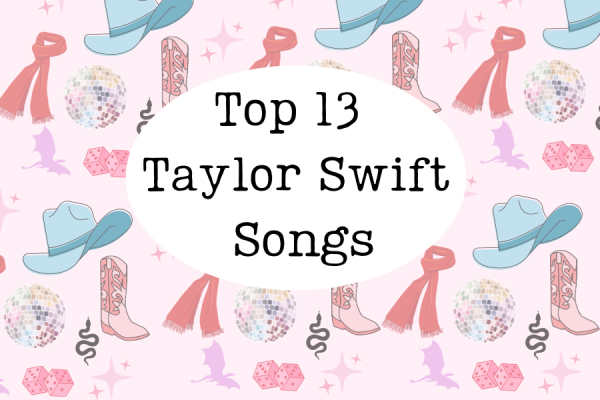
Jenna Suskie • Jan 11, 2017 at 10:30 am
I really liked how this article put into perspective how learning a second language can benefit a person in their job field down the line. It encourages me to stick with taking German so that I may be a help to the future.